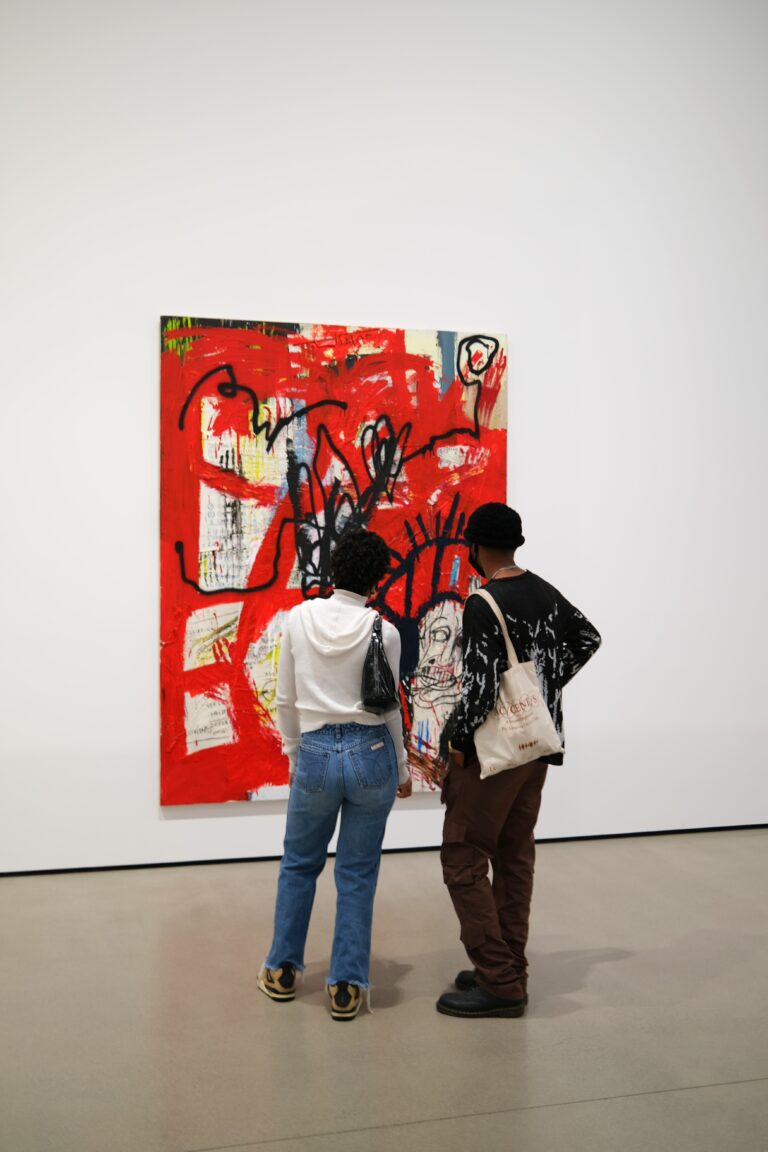Today, we explore what drives success, and how it differs across various fields through the ideas presented by Albert-László Barabási, a physicist turned network scientist and a professor at Northeastern University. In his book, “The Formula”, he examines examples of success from sports, music and art.
When one thinks of success, it’s tempting to equate it directly with superior performance. However, as Barabási research shows, it isn’t always that straightforward.
In tennis for instance, success can be determined in an objective, quantifiable way. A player’s performance can be assessed based on wins and losses. The recipe for success in tennis is relatively simple – hone your skills, put in the hard work, and outperform your competitors – at least on the court. That’s why we appreciate sports. Performance and success are highly correlated and can be quantified.
The same is not true for art and music. Consider the journey of SAMO. Two students who are the same age, and from the same environment, made art that is impossible to tell apart. Yet suddenly, one artist was able to break out on their own.
Al Diaz, one half of SAMO, is still active in the New York art scene, but if you’ve never heard of him, you’re not alone. His biggest claim to fame remains SAMO, a project that’s been dead since his partner went solo nearly forty years ago.
On the contrary, just two years after “SAMO is dead”, Diaz’s partner created a large untitled painting of a skull made with spray paint and an oil stick. It sold for $110.5 million and his name was Jean-Michel Basquiat, Although, he passed away from an overdose at twenty-seven, his art still lives on.
What brought about this disparity? In the art world, performance isn’t easily measurable. The quality of art is subjective, networks take center stage in driving success and value. Basquiat’s rise to fame was in large part due to his connections within influential art circles. Diaz’s less developed network could not catapult his work into the same limelight, yet his art is often indistinguishable from Basquiat.
The music industry, like art, is a field where the measurement of performance is highly subjective, and therefore, networks can also have a significant impact on success. A major label is like a network, a profit driven network. This network provides capital, A&R experts, distribution, producers, song writers, marketers, and more. A musician’s talent is a crucial factor, it’s a prerequisite to get in the door, but so are their connections to the network.
Whitney Houston is an example. Often regarded as America’s most talented vocalist, she was born to a musical dynasty. Her mother is Grammy-winning gospel vocalist Cissy Houston who sang for Elvis Presley and Aretha Franklin. Her father, John Russell Houston Jr., was an entertainment manager. Houston was also the cousin of Dionne Warwick, a six-time Grammy-winning recording artist who’s sold more than 100 million records. There is no denying her talent, but by the time Clive Davis signed her to Arista records, her network had already helped lift her to success.
This highlights two of Barabási’s findings from his book that really hit home with me:
“Your success isn’t about you and your performance. It’s about us and how we perceive your performance. It’s a collective measure, capturing how people respond to our performance. In other words, if we want to measure our success or figure out how we will ultimately be rewarded, we can’t look at our performances or accomplishments in isolation. Instead, we need to study our community and examine its response to our contributions”.
“Performance drives success, but when performance can’t be measured, networks drive success“.
For art and music, his research reveals the significance of positioning within the industry. This means not just creating, but also fostering connections, promoting visibility, actively selling, and capitalizing on early achievements. The same is true in most professions where it’s difficult to measure individual performance.
Networking isn’t just about knowing people; it’s also about understanding how attention and recognition flow within those networks and positioning oneself effectively to provide value toward that flow.
Unbias is building an AI product with marketing capabilities. Join our waitlist here to get early access.




